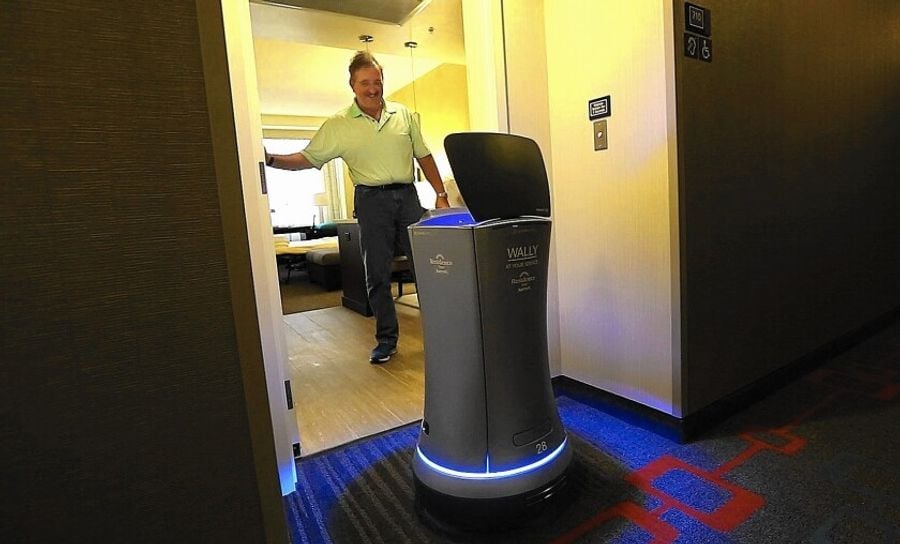Technology is changing the hospitality industry at a pace never seen before. As businesses in the hospitality sector are proactively leveraging technology to deliver enhanced total guest experiences, this reliance on digital technology poses potential challenges to an industry that is built on human-to-human experiences, according to a new report released by the networking solutions firm Aruba.
Following a transformative few years, which saw the entire industry adopt critical technology solutions in order to survive, hotels and venues have grown increasingly adept at offering seamless digital-first experiences.
The Hewlett Packard Enterprise company uncovered five ways in which hospitality businesses will adapt to evolving consumer demands to offer the perfect balance between the digital and physical worlds.
The report forecasts that hospitality companies will be serving up presence-free options. It notes that hospitality companies will be able to welcome guests around the world that are not present at their venue at all, using innovative technologies such as augmented reality (AR), virtual reality (VR), and the metaverse.
The study also observed that in the future, guests will no longer do anything without first trying out the fully interactive, immersive digital option. As the virtual experience becomes a non-negotiable precursor to the real event, companies will begin to offer more creative, elaborate, and personalized options.
The future will see hospitality companies form fully connected communities of businesses around them to deliver a total guest experience. By sharing data, venues will be able to provide food and drink recommendations based on what guests have ordered in other locations or recommend local activities and automatically confirm availability.
In the future, automated on-site systems and biometric data will allow hospitality venues to read and react to physical signals from their guests – adjusting music, lighting, and scent to match a mood, or catering to the earliest signs of hunger with the help of predictive AI.
Hospitality venues must be ready to share data to help inform their decisions. Additionally, they must be prepared to offer more options that cater to the eco-, health- and ethics-conscious, or risk losing business to more forthcoming and considerate competitors.








